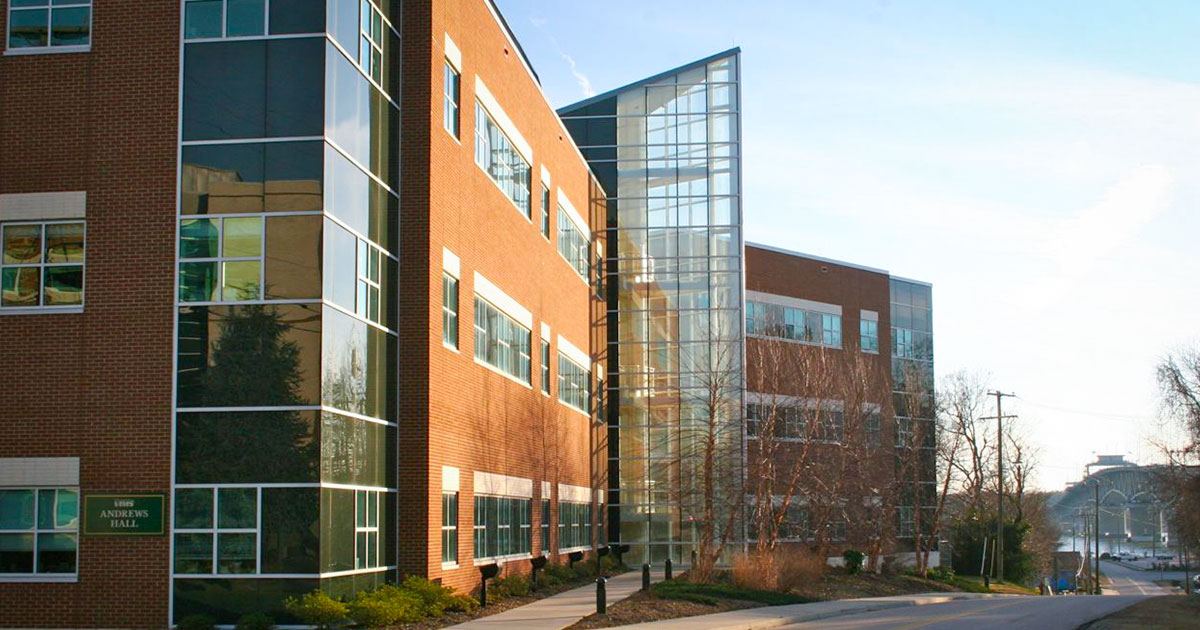Marine Biodiversity Resources
For Teachers:
Synalpheus Teaching Resources: (.pptx) (.pdf)
For current students:
MS 526. Principles of Marine Ecology. 4 cr. JE Duffy and WO Smith.
Students will study the fundamental processes underlying structure and functioning of marine ecosystems. Lectures, readings and discussion will emphasize physical processes supporting primary production, planktonic and benthic dynamics, distribution and functional importance of marine biodiversity, biotic interactions structuring communities, vertical and horizontal distributions, and food web structure. Also addressed will be the ecological role of higher and lower trophic levels, and response of marine ecosystems to anthropogenic pressures and global change. The course concludes with an exercise in proposal writing and reviewing.
MS 576. Evolutionary Ecology. 3 cr. JE Duffy.
A theoretical and empirical exploration of the interaction between environment (physical and biological) and evolution of organismal structure, function, and behavior. The course progresses from adaptive strategies of individual organisms, through the evolution of populations, through coevolution and macroevolution. Lcture and discussion topics include natural selection and adaptation; the evolution of life history strategies; sexual selection and mate choice; kin selection and sociobiology; speciation and adaptive radiation; coevolution; the paleohistory of biotic interactions; and the practical implications of evolutionary biology. Readings draw heavily from primary literature, concentrating on examples involving marine organisms where possible.
MS 698. Topics in Marine Science. Var. cr.
This course number is a vehicle by which students can receive credit for participation in seminar/discussion. In the last few years, John Graves and I have used this course number to coordinate weekly student discussions of several books including Endless Forms edited by Howard and Berlocher, Molecular Markers, Natural History, and Evolution by Avise, and classics of evolutionary biology such as Darwin's Origin of Species and Mayr's Populations, Species and Evolution, with updates from the recent primary literature.

